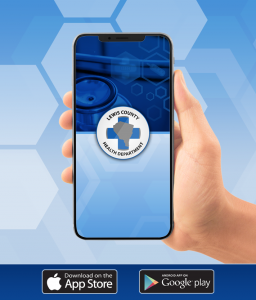HIV/AIDS
HIV stands for human immunodeficiency virus. It weakens a person’s immune system by destroying important cells that fight disease and infection. No effective cure exists for HIV, but with proper medical care, HIV can be controlled. Some groups of people in the United States are more likely to get HIV than others because of many factors, including their sex partners, their risk behaviors, and where they live. HIV is a virus spread through certain body fluids that attacks the body’s immune system, specifically the CD4 cells, often called T cells. Over time, HIV can destroy so many of these cells that the body can’t fight off infections and disease.
The HIV/AIDS Unit performs antibody and viral antigen testing for Human Immunodeficiency Virus (HIV) Type 1. Patient specimens are screened for anti-HIV antibodies and HIV viral antigens using enzyme immunoassay (EIA) testing systems. Specimens which test positive by EIA are confirmed using an immunochromatographic supplemental assay.
Additional Resources:

 Download our free app today to receive real-time alerts, catch up on news, view upcoming events and track important dates.
Download our free app today to receive real-time alerts, catch up on news, view upcoming events and track important dates.